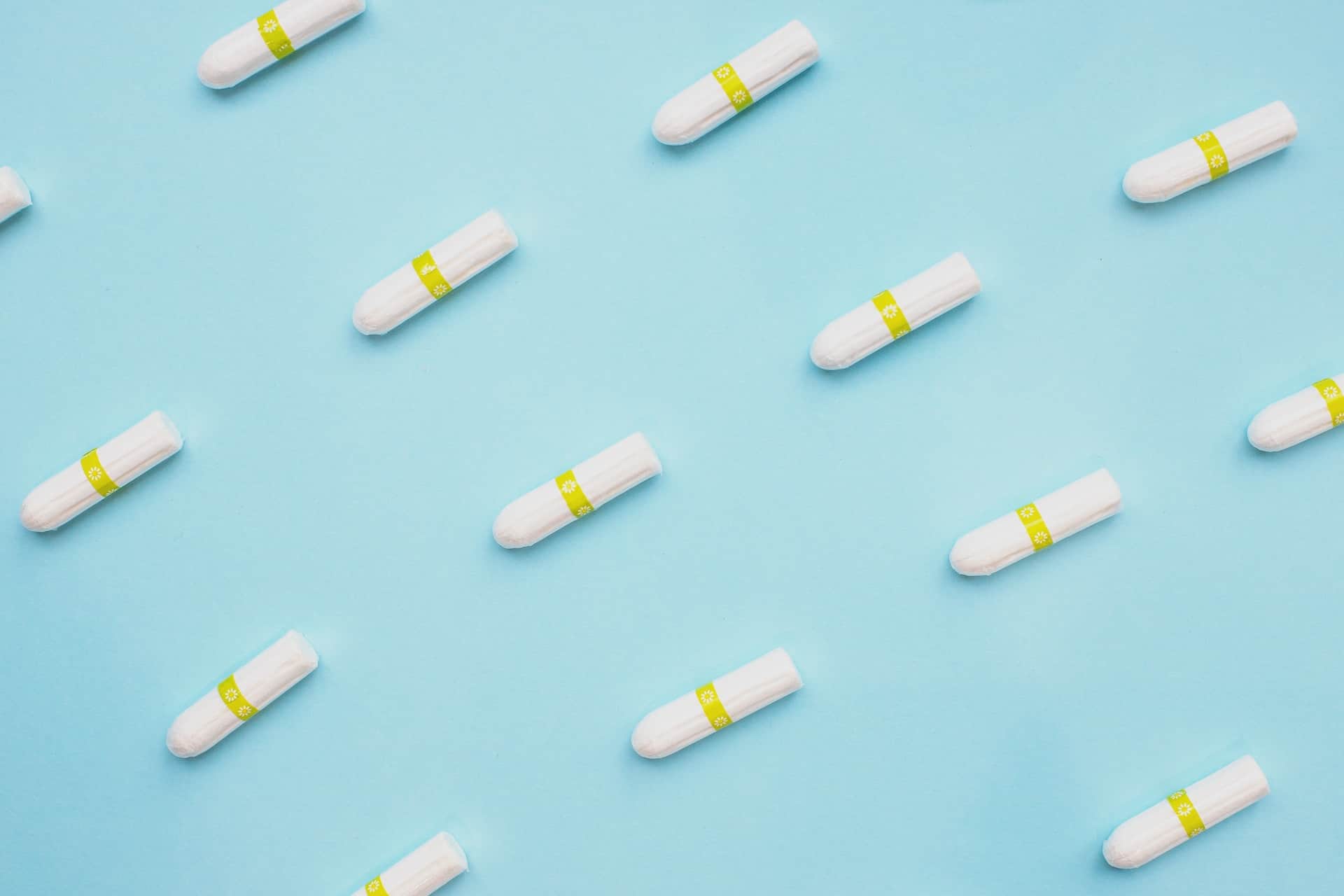Acne breakouts are a common concern, particularly in relation to the menstrual cycle.
This phenomenon, often called period acne or hormonal acne, is a sign of the complex relationship between our skin and hormonal fluctuations throughout different stages of the menstrual cycle.
Understanding the Menstrual Cycle and Acne
To comprehend the link between menstruation and acne, it's vital to understand the stages of the menstrual cycle.
Broadly, the menstrual cycle can be divided into two halves. The first half, from day 0/2–4 to 0/4–10, is the follicular phase characterized by increasing estrogen levels, which generally tends to keep the skin clear.
However, the latter half of the cycle; called the luteal phase, is marked by increasing progesterone levels and decreasing estrogen levels.
This hormonal shift can lead to an overdrive of sebaceous glands, resulting in increased oil production, clogged pores, and the multiplication of acne-causing bacteria. These changes set the perfect environment for an acne flare, especially for those with acne-prone skin.
Acne Vulgaris: A Common Period Woe
Acne vulgaris is the scientific term for what we commonly refer to as 'pimples' or 'zits'.
This condition is characterized by the appearance of inflamed bumps on the skin, primarily caused by clogged hair follicles filled with excess sebum and dead skin cells.
During the luteal phase of the menstrual cycle, the production of sebum, a type of oily substance, is stimulated by the increased levels of the male hormone testosterone and progesterone.
This excess sebum can trap acne-causing bacteria (Propionibacterium acnes) inside the pores, leading to inflammation, redness, and acne breakouts.
Premenstrual Acne: A Sneak Peek of What’s Coming
Premenstrual acne or period acne, which typically occurs 0/4–13 days before the onset of menstruation, is a common issue among women.
This type of hormonal acne is linked to the cyclical nature of hormone levels throughout the menstrual cycle, specifically the rise and fall of progesterone and testosterone.
While not every woman experiences premenstrual acne, those who do often find it a recurrent issue.
Keeping the skin healthy during this time with a tailored skincare routine can help mitigate some of the hormonal breakouts.
Treating Menstrual Acne: Options and Approaches
Acne treatment varies based on its severity. For mild to moderate hormonal acne, over-the-counter (OTC) topical treatments containing salicylic acid or benzoyl peroxide can prove effective.
Benzoyl peroxide is particularly useful as it kills acne-causing bacteria and helps unclog pores.
For more severe acne, medical intervention may be necessary. One common treatment approach involves the use of oral contraceptives or birth control pills.
Birth control pills help regulate hormone levels, particularly the male hormones that can overstimulate the sebaceous glands. They are often used to treat women who experience recurrent premenstrual acne.
In some cases, medical professionals may recommend other treatments like topical retinoids or antibiotics, which work to reduce inflammation and kill bacteria, respectively.
However, it is important to note that everyone's skin is unique, and a treatment that works for one person may not necessarily work for another.
It is always recommended to consult a dermatologist or a healthcare provider for a tailored treatment plan.
Lifestyle Changes: Small Steps to Big Improvements
In addition to the acne treatments mentioned, making certain lifestyle adjustments can have a significant impact on skin health. These changes can help in managing hormonal breakouts and maintaining clear, healthy skin:
- Balanced Diet: A diet rich in fruits, vegetables, lean proteins, and whole grains can improve overall health and skin quality. Certain foods, such as those high in refined sugars or dairy products, might exacerbate acne in some individuals.
- Hydration: Keeping your body well-hydrated not only benefits overall health but also aids in maintaining skin health. Adequate water intake can help flush toxins out of the body, reducing acne flare-ups.
- Exercise: Regular physical activity increases blood circulation, which can help to nourish skin cells and promote their renewal process. Exercise is also a great stress reliever, which is beneficial as stress can trigger hormonal fluctuations leading to acne.
- Sleep: Adequate sleep is essential for overall well-being, including skin health. Lack of sleep can lead to hormonal imbalances, potentially worsening acne. Aim for at least seven to nine hours of sleep per night.
- Skincare Routine: Following a regular skincare routine designed for your skin type can go a long way in managing acne. This should include cleansing, toning, and moisturizing. Additionally, exfoliating once or twice a week can help in preventing clogged pores.
Understanding Birth Control and Acne
Birth control pills or oral contraceptives have been used as a treatment for acne for several years. They help regulate hormone levels and reduce the production of excess sebum, a primary acne trigger.
It's important to note that only certain types of birth control pills have been approved by the Food and Drug Administration (FDA) for acne treatment.
These include pills that combine estrogen and progestin, such as Ortho Tri-Cyclen, Estrostep FE, and Yaz. These oral contraceptives work by decreasing androgen production, a male hormone that can stimulate excess oil production when at high levels.
A Closer Look at Hormonal Acne Treatment Options
There are several acne treatment options available for hormonal acne, ranging from topical applications to oral medications. Let's delve deeper into a few of them:
- Benzoyl Peroxide: This topical treatment works by killing the bacteria underneath the skin. It's available in various strengths, with 2.5% often recommended for treating mild acne.
- Retinoids: Derived from Vitamin A, topical retinoids work by promoting cell turnover and preventing the clogging of pores. They are often prescribed for moderate to severe acne.
- Hormonal Therapy: Treatments such as oral contraceptives or anti-androgen drugs help to reduce the androgen levels in the body. This is particularly helpful for women suffering from severe acne which does not respond to regular treatments.
- Antibiotics: Topical or oral antibiotics can be used to kill acne-causing bacteria and reduce inflammation.
- Acne Facials: Facial treatments would work to treat period acne. This is perhaps, the most non-intrusive method of acne treatment.
While it may take a bit of trial and error to find the right acne treatment, consulting a dermatologist will help to ensure that the most suitable treatment option is selected based on the individual's skin type, acne severity, and overall health.







